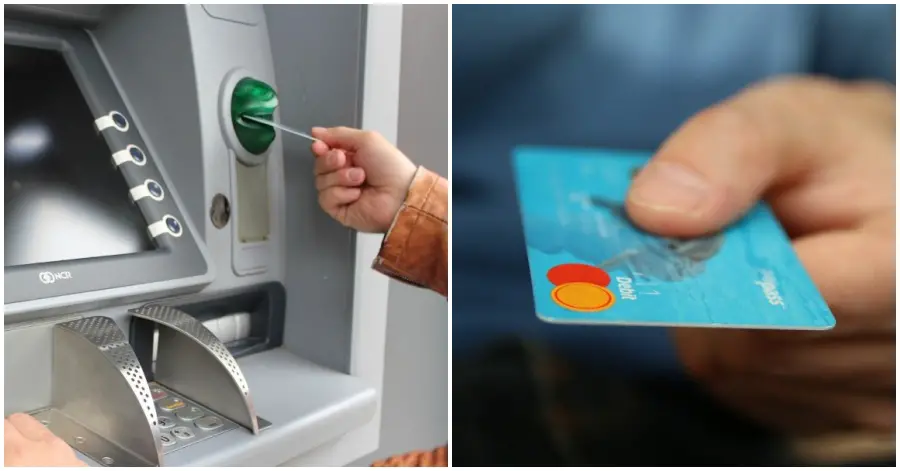Are you a new expat in Bahrain or someone who is planning to live and work here? If so, then it’s important that you become familiar with banking, taxes, and money matters in this country. After all, you’ll be dealing with salary payments, bills payments, savings, deposits, money transfers, car loans, and other transactions, just like in any other country.
ALSO READ: How Much is the Salary of an OFW vs. Cost of Living in Bahrain?
There are many local as well as international banks in Bahrain. Some of the most popular banks are Ahli United Bank, Arab Bank, Citibank, HSBC Bahrain, Bank of Bahrain & Kuwait (BBK), and more. Keep on reading to know more about banking, taxes and other money-related topics…
Overview of Banking, Taxes, and Money Matters in Bahrain
Before anything else, let’s have a quick review of Bahrain currency, the Bahraini Dinar (BHD). One (1) BHD is equal to 1,000 fils. Coins come in denominations of 5, 10, 25, 50, and 100 fils, and 1/2 BHD as well. Meanwhile, paper bills come in 1/2 BHD, 1 BHD, 5 BHD, 10 BHD, and 20 BHD denominations.
Adhering to Islamic culture and working days, the banks in Bahrain are typically open from Sundays to Thursdays, between 7:30 am and 2:30 pm. Automated Teller Machines (ATMs) are available in many locations around the country, making it easy for people to withdraw cash anytime, anywhere.
How to Open a Bank Account
For the purpose of convenience, it’s a good idea to open an account with the same bank as your employer. In fact, opening a local bank account is essential, especially since Bahrain started implementing the Wage Protection System (WPS) in September 2019. This is a system designed to protect employees; it requires employers to pay their workers’ salaries into bank accounts.
Opening a bank account is pretty much straightforward. To open an account, the usual requirements include the following:
- Your Passport (original)
- Residence Permit and CPR (Residency Card)
- Proof of Address (e.g. utility bill, rental agreement)
- No Objection Letter / Certificate (NOL or NOC) from your employer. This document should indicate your salary amount, which will be deposited into the bank account each month.
NOTE: The exact requirements may be different for each bank, so don’t forget to inquire about them before making an appointment with your chosen bank.
Paying Taxes in Bahrain
Similar to some other Middle East countries, there is no income tax system in Bahrain, which is why it is a popular destination among expats. Recently, however, the Bahraini government introduced the “Social Insurance Tax,” which amounts to only one percent (1%) of your gross salary for 12 months. Compared to the tax rates in most other countries, this is a very small amount, indeed!
Banking in Bahrain is easy, given the availability of local banks, international banks, and ATMs in many parts of the country. The tax requirement is minimal, making it possible for expats to save more money and send higher remittances to their loved ones back home. We hope that this article has been helpful in informing you about banking and money-related matters in Bahrain.
